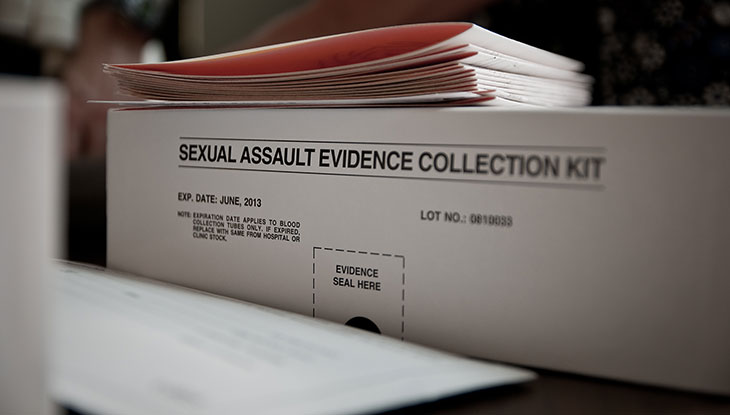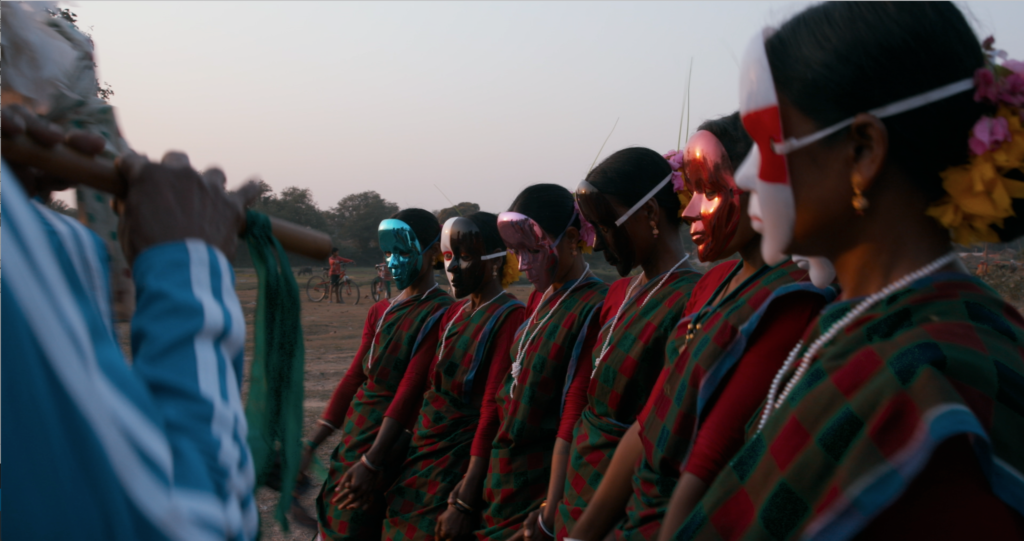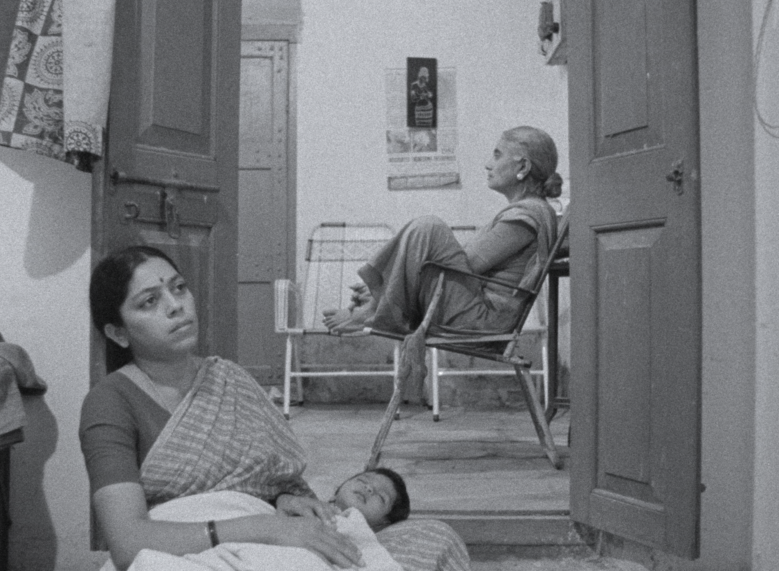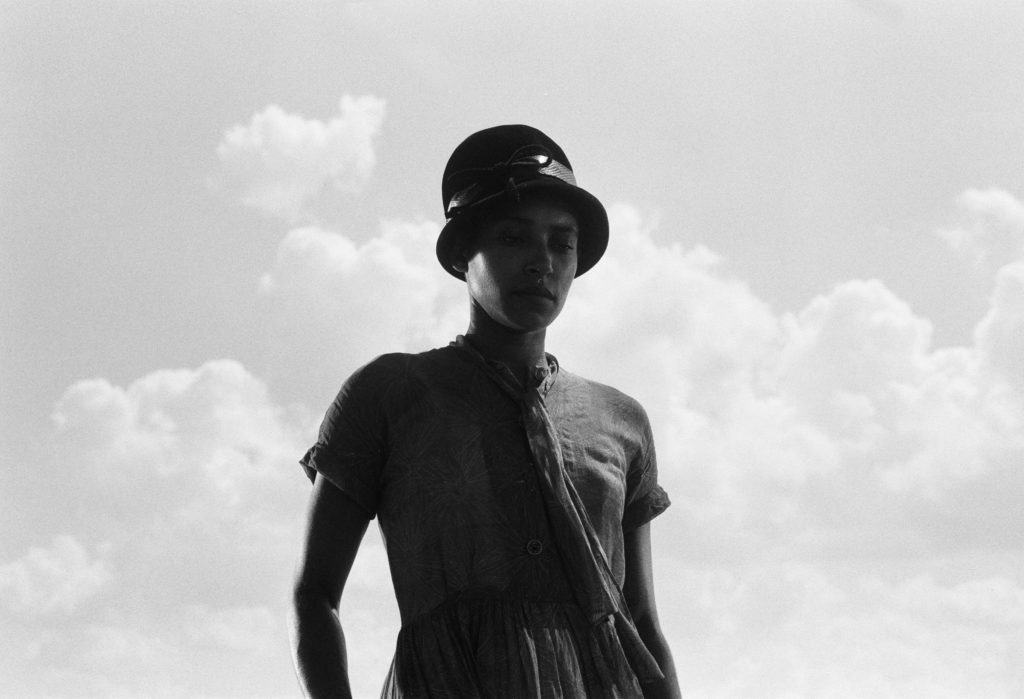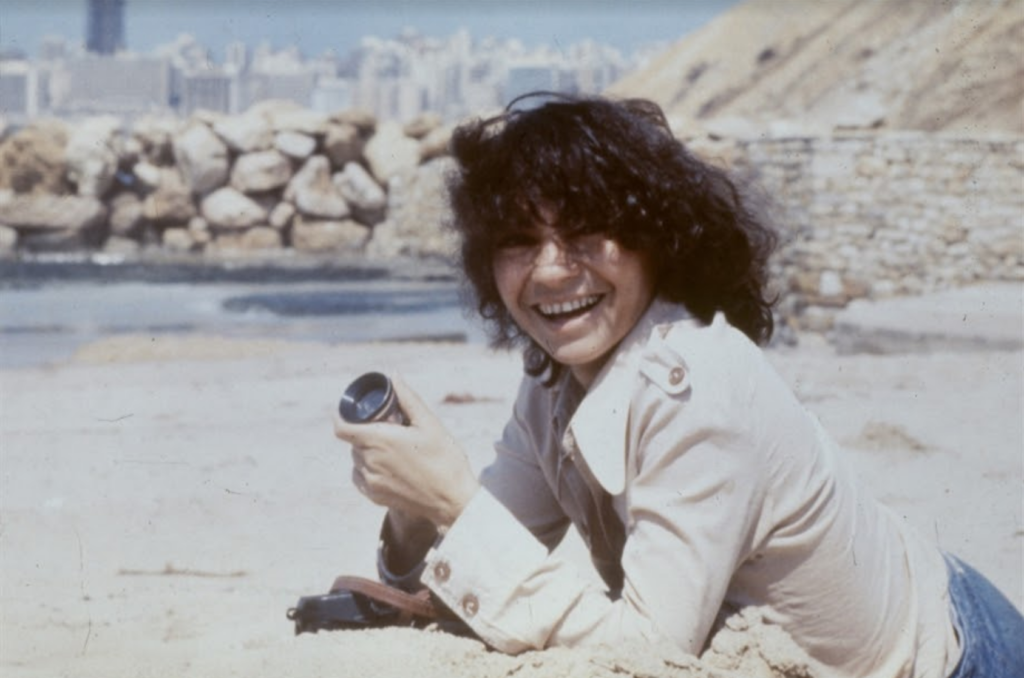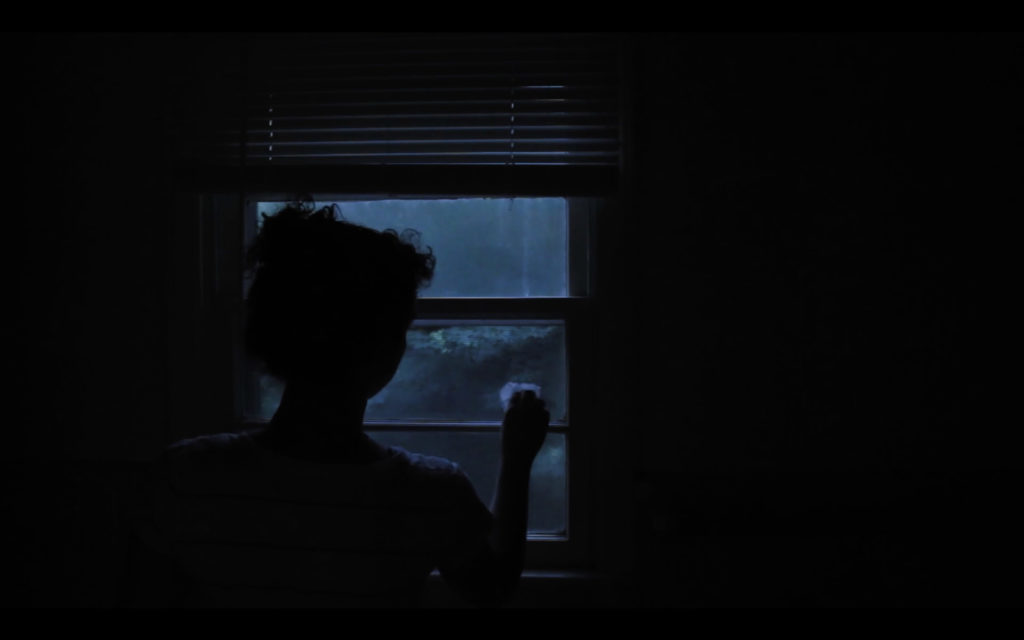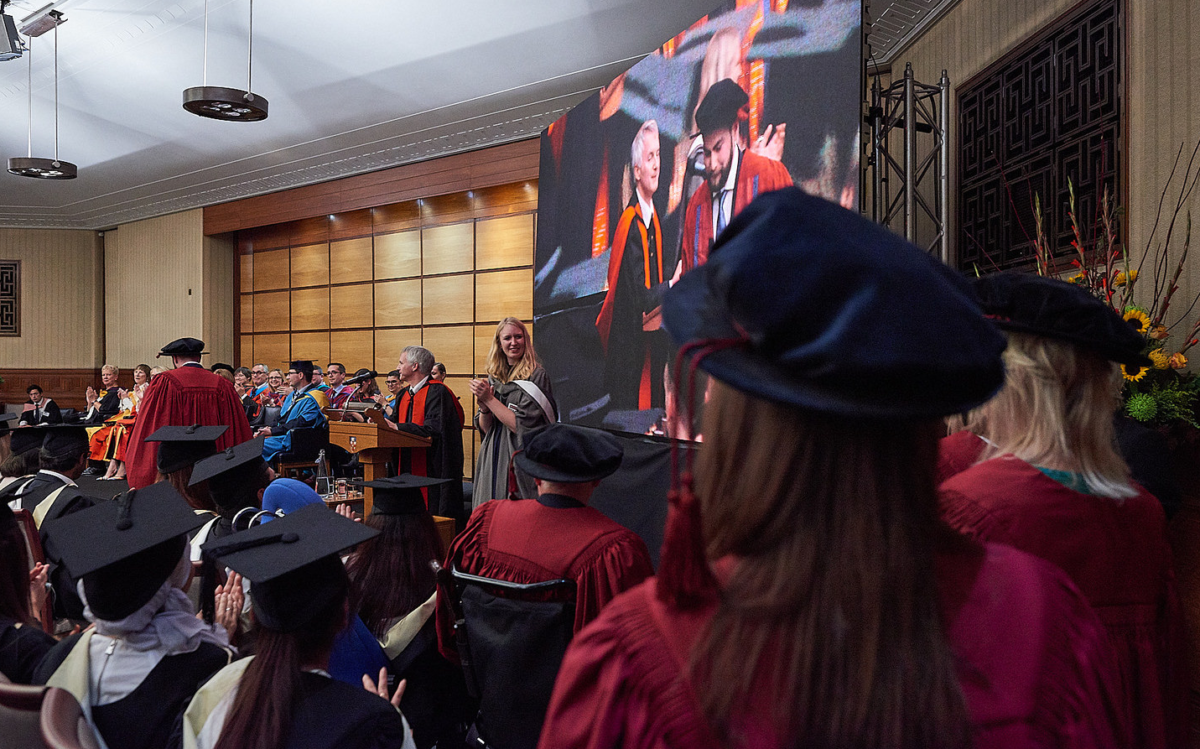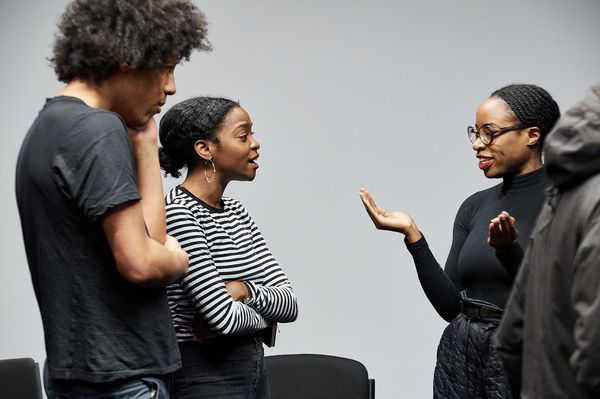Friday 5 June 2020 Birkbeck, University of London
This cross-disciplinary conference provides a forum for researchers in gender and sexuality studies to discuss how we deal with feelings and emotions, including our own.
After a keynote panel discussion and a series of paper presentations, we will gather into smaller groups for discussions. Current research students at Birkbeck are invited to propose a 15-minute paper presentation or a topic for discussion, which might focus on one or more of the following:
- Theoretical models for perceiving and interpreting emotions;
- The methods we use to access information about emotions in texts, archives, interviews, and in the field; and how our research methods may have succeeded, failed, and produced unexpected results;
- The interplay between research ethics and our emotions;
- The sometimes-radical and emotionally-charged roots of our research areas (including, for example, the women’s movement and the gay liberation movement);
- Emotionally challenging or affirming/pleasurable encounters and experiences in our research;
- How it feels to research gender and sexuality in various institutional contexts (including, for example, universities, archives, and libraries), and at different career stages;
- How the conditions for researching gender and sexuality may have changed over time and may vary between places (for example, national, regional or institutional contexts);
- The more and less tangible barriers we might face and perceive as researchers in this field.
If you are a current research student at Birkbeck, please send your proposal to Ralph Day (r.day@bbk.ac.uk) by Sunday 15 March 2020.
If proposing a 15-minute paper, please send an abstract of 150-200 words together with a short biographical statement.
If proposing a topic for discussion, please send a brief explanation of the topic together with a short biographical statement. You are invited to lead the discussion session with a short reflection on the topic and to facilitate the discussion.
This conference is funded by the Birkbeck Graduate Research School. There will be no registration fee for this conference, and we expect to be able to cover domestic travel costs for participants delivering paper presentations or leading discussion sessions.

